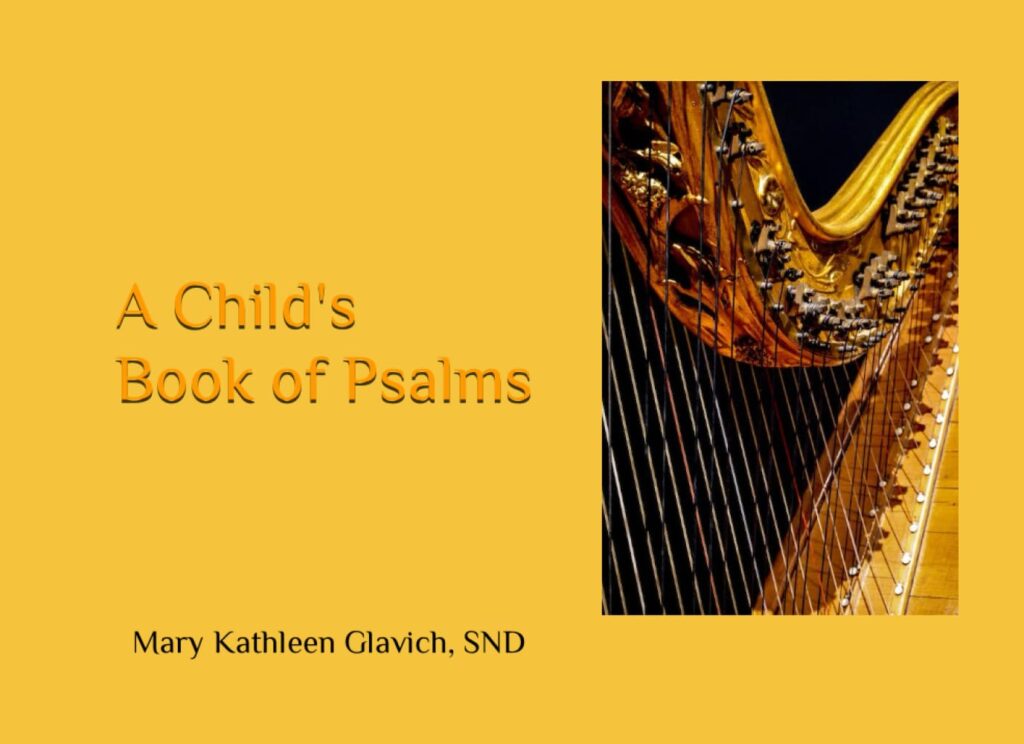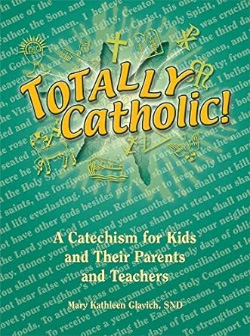 We enjoy proverbs and sayings. Witty ones bring a smile to our face. We post them on Facebook and buy t-shirts and mugs that display them. They capture the wisdom of the people. We admire Benjamin Franklin’s Poor Richard’s Almanac, the source of adages such as “birds of a feather flock together,” “a stitch in time saves nine,” and “necessity is the mother of invention.” The Book of Proverbs in the Bible contains hundreds of them. However, we are not as familiar with it as we are with the Psalms. Let’s take a closer look at this first of the Wisdom books.
We enjoy proverbs and sayings. Witty ones bring a smile to our face. We post them on Facebook and buy t-shirts and mugs that display them. They capture the wisdom of the people. We admire Benjamin Franklin’s Poor Richard’s Almanac, the source of adages such as “birds of a feather flock together,” “a stitch in time saves nine,” and “necessity is the mother of invention.” The Book of Proverbs in the Bible contains hundreds of them. However, we are not as familiar with it as we are with the Psalms. Let’s take a closer look at this first of the Wisdom books.
As you might guess, the Wisdom movement began in King Solomon’s court where 3,000 proverbs were preserved. The book of Proverbs, though, wasn’t compiled until the early 5th century B.C., five hundred years after Solomon. Because it is a collection of collections, there is some repetition.
The purpose of the book appears in verses 2 and 3: That men may appreciate wisdom and discipline, understand words of intelligence; receive training in wise conduct, in what is right, just and honest. The advice given is meant especially for young people (3:28: Say not to your neighbor, “Go, and come again, tomorrow I will give, “ when you can give at once.”) and to train people in royal courts. (25:15: By patience is a ruler persuaded, and a soft tongue will break a bone).
The book has two main parts: Chapters 1–9 instruct youth how to be wise and live a good life. Chapters 10–31 are collections of short sayings like these:
15:1 A mild answer calms wrath but a hard word stirs up anger.
16:8 Better a little with virtue, than a large income with injustice.
Proverbs 31:10–31 is an acrostic that describes the ideal woman. You may have heard it read in funerals for women.
Many proverbs are purely secular, practical suggestions on how to get along in life, to won friends and influence people to accept frustration with grace. Some proverbs were “borrowed” from neighbors. Thirty sayings in chapters 22–24 are the Thirty Sayings of Amenemope, Egyptian wisdom literature! The Hebrew book is different because it is based on the belief that full wisdom belongs to God, but “The beginning of wisdom is the fear of the Lord” (9:19).
In Proverbs, Wisdom is personified as a heavenly Being who accompanied God in all he did. She “cries aloud in the street.” (1:20) and “invites us to her banquet” (9:1). She is a beautiful woman who leads people to a full life; a spouse associated with the Spirit of God.
The main message of Proverbs is unless you love God and do his will, your life will be without meaning or happiness. Many proverbs contrast the wise and the foolish.
Characteristics of Poetry
Some proverbs have the characteristics of Hebrew poetry. Some of these traits, like the puns, are only evident in the original language. The following ones, though, are obvious.
First line is repeated in second line or expanded or an opposite:
Repeat:
Pride goes before disaster /and a haughty spirit before a fall. 16:18
Opposite:
The memory of the just will be blessed,/ but the name of the wicked will rot. (10:7)
Expand:
Entrust your works to the Lord,
and your plans will success (16:3) (results of first action)
“Better than” comparisons:
Better a dish of herbs where love is/ than a fatted ox and hatred with it (15:17)
Comparisons: metaphors and similes
Like golden apples in silver settings/are words spoken at the proper time (25:11)
Lips of adulteress drip with honey,/but in the end she is as bitter as wormwood. 5:3-4)
Like a golden ring in the swine’s snout/ is a beautiful woman with a rebellious disposition. (11:22)
The start of strife is like the opening of a dam;/therefore check a quarrel before it begins 17:14
The words of a talebearer are like dainty morsels/that sink into one’s inmost being. 18:8
A joyful heart is the health of the body,/but a depressed spirit dries up the bones. 17:22 17:12
He who makes a fortune by a lying tongue/is chasing a bubble over deadly snares. 21:6
Here are three proverbs that I found interesting:
Look not on the wine when it is red, when it sparkles in the glass.
It goes down smoothly; but in the end it bites like a serpent. 23:31
Let another praise you—not your own mouth 27:2
Go to the ant, O sluggard, study her ways and learn of wisdom. She procures her food in the summer. 6:6
• What is one (or more) of your favorite proverbs, either biblical or secular?
If you like quotations, you might like my author’s website at www.facebook.com/St.PetersSpouse. On it I post good sayings in addition to reports on my writing ministry.









